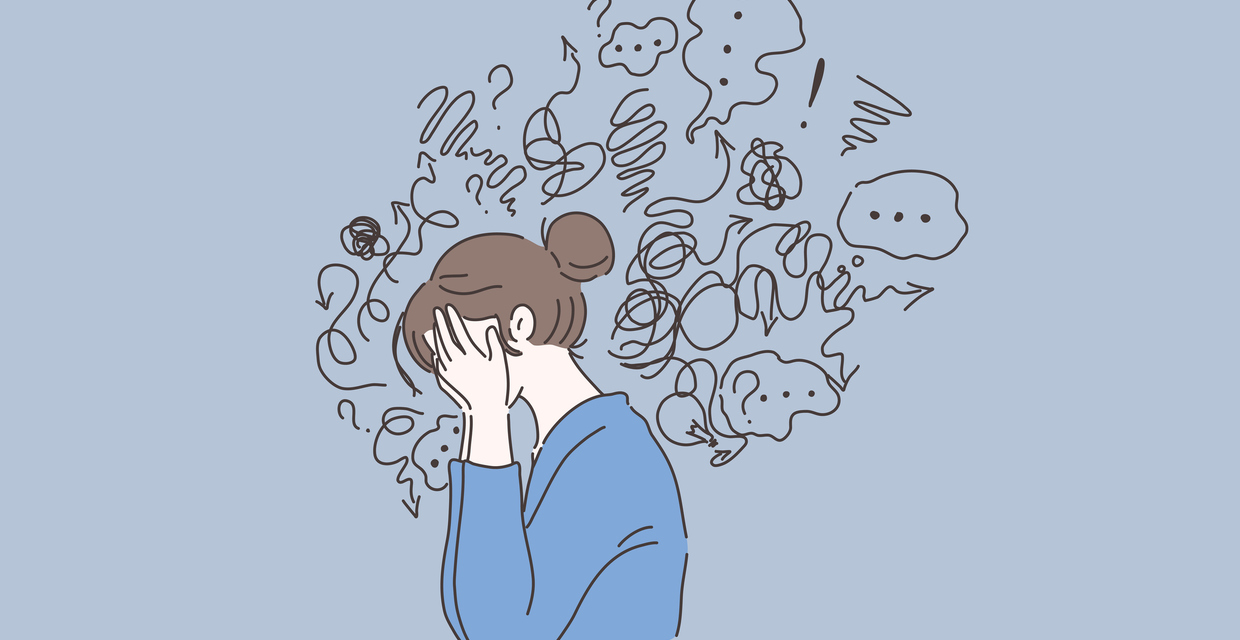By Nina Chatzistergiou,
It is important to distinguish between the terms “violence” and “abuse” because there are practical, legal, social, and psychological differences between these two concepts. The term “violence” refers to individual episodes, such as beatings, insults, etc. Abuse is defined as a recurring pattern of such behavior.
Violence is, therefore, any behavior, through which the strongest (in terms of physical or verbal strength, social or economic status) uses coercion — physical, verbal, emotional, social, economic, or sexual — on the weakest, or neglects, or oppresses them (intentionally or not), and abuse such repetitive behavior.
Violence can occur in a variety of contexts, such as family, school, workplace, friendships, and relationships. Psychological violence is the most indistinguishable, that is, due to the fact that it receives the least recognition in both legal and social contexts. As a result, it is often not reported or punished and its victims often suffer more than victims of other forms of violence, as they find it more difficult to understand, react, and find support when a situation occurs. It is also the most common form of violence and usually accompanies the rest, although it exists independently.
Psychological violence can be divided into 5 forms:
1. Verbal violence
It can be direct or indirect. It mostly consists of any form of violence that can be said and affect one’s mentality, such as characterizations, criticism, insults, and threats.
2. Emotional violence
It conveys the same message as verbal violence — without words, but non-verbal communication elements (look, posture, style, tone of voice, gestures) convey the same messages as verbal violence, whilst also disrupting one’s mentality and emotional health. Bullying, exposure to violence between others, silent treatment (passive aggression), and gaslighting (questioning and nullifying the other’s experience and feelings) are also a way of exposing a person to emotional violence.

3. Social violence
Social violence includes behaviors that target and/or result in the social isolation of the victim, preventing them from developing and maintaining close relationships with other people. In addition to that, behaviors that convey similar messages and cultivate dependence on the perpetrator and fear of the victim trusting other people are included, but also behaviors of public defamation and humiliation.
4. Economic violence
The specific form of psychological violence consists of behaviors that target and/or cause the complete financial dependence of the victim on the perpetrator. It also includes using the financial factor as a way to control the victim’s behavior and to blame them.
5. Overprotection and/or oppression
Lastly, the particular form of psychological violence refers to excessive and unnecessary protection or control of the child, partner, or the assignment of responsibilities to the other that do not belong to them, that they cannot cope with, such as practices or psycho-emotional, e.g. make a child responsible for resolving conflicts between its parents and other problems.
It is of utmost importance to mention that the main reason that most victims are female, according to statistics, has to do with the difference, mainly, in physical strength, where a man can more easily impose himself physically and sexually against a woman. As far as psychological violence is concerned, it is a fact that it is also perpetrated by women, but the numbers of male perpetrators remain higher again, with the economic, social, emotional, or other submissions of the woman still being expected, supported, promoted, and made easier, tolerated both by society and by the State.
References
- Psychological abuse, wikipedia.org, Available here
- What Is Emotional Abuse?, verywellmind.com, Available here
- Psychological Abuse – An overview, sciencedirect.com, Available here
- How to Recognize the Signs of Mental and Emotional Abuse, healthline.com, Available here




